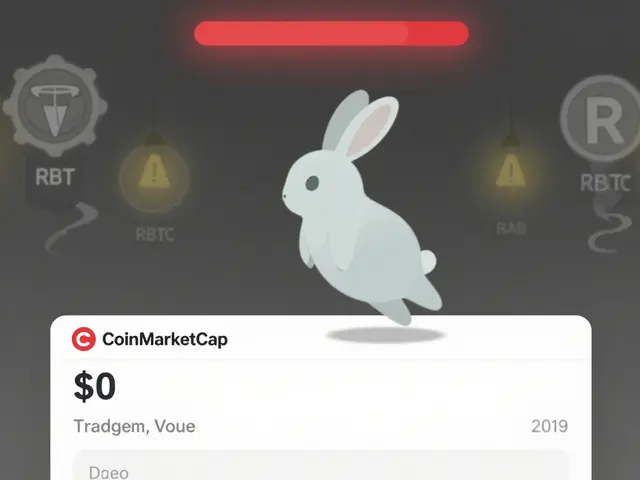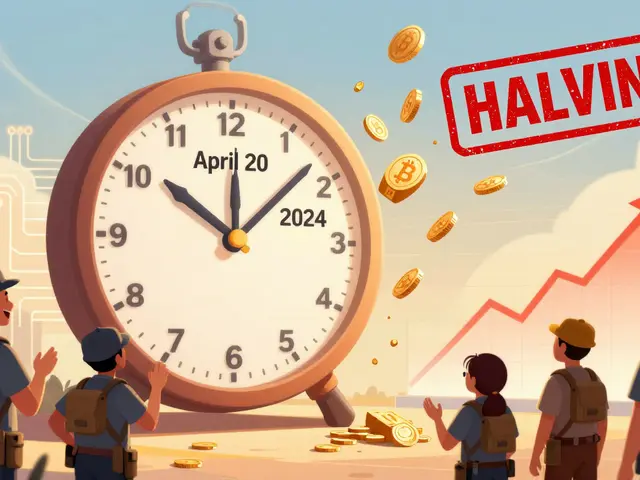Crypto GST India: Tax Rules, Compliance, and What You Need to Know
When you buy, sell, or trade crypto GST India, the Goods and Services Tax rules that apply to cryptocurrency transactions in India. Also known as digital asset taxation, it’s not about whether crypto is legal—it’s about what you owe the government when you move it. Since 2022, India has treated cryptocurrency as a taxable asset, not currency. Every trade, swap, or sale triggers a tax event, and GST is applied on the service fee you pay to exchanges or platforms. This isn’t just about income tax—it’s a separate layer of tax that catches many people off guard.
Think of it like this: if you buy Bitcoin on WazirX and later sell it for USDT, the platform charges you a fee. That fee is subject to 18% GST. Even if you lose money on the trade, you still pay GST on the transaction cost. The same rule applies to NFTs, staking rewards converted to cash, and even peer-to-peer swaps through apps. The government doesn’t care if you made a profit—you paid for a service, and that service is taxed. cryptocurrency tax India, the broader system of income and capital gains tax on crypto earnings. Also known as digital asset income, it’s tracked separately from GST but often overlaps in practice. For example, if you earn 0.5 ETH from staking and sell it for ₹200,000, you pay 30% income tax on the gain, plus GST on the exchange fee you paid to sell it.
Most users don’t realize that even using crypto to buy goods—like a laptop or a gift card—is a taxable event. The moment you spend crypto, it’s treated as a sale. You have to calculate its value in INR at the time of the transaction, report any gain or loss, and pay GST on any platform fee involved. This is why keeping a detailed log of every transaction matters. Apps like KoinX or CoinTracker help, but they only work if you feed them accurate data. And if you’re using foreign exchanges like Binance or Kraken? You’re still required to report under Indian law. The Enforcement Directorate isn’t going after small traders, but they’re auditing exchanges, and your transaction history is already there.
There’s no exemption for hobbyists, no threshold below which you’re safe. Even if you only traded ₹10,000 worth of crypto this year, you still owe GST on the fees. And if you’re mining crypto in India? The electricity cost doesn’t count as an expense, and the mined coins are taxed as income when you receive them. The rules are clear, even if the system feels messy. The real challenge isn’t understanding the law—it’s keeping records. Most people lose track of which wallet sent what, when they swapped tokens, or which exchange charged what fee. That’s where the biggest penalties come from—not because you didn’t pay, but because you can’t prove you did.
What you’ll find below are real breakdowns of how GST applies to different crypto actions in India. You’ll see what exchanges charge, how staking rewards are treated, why NFT sales trigger GST, and how to avoid being caught off guard by a tax notice. These aren’t theoretical guides—they’re based on actual cases, filings, and rulings from Indian tax authorities. Whether you’re a beginner who bought your first Bitcoin or someone who trades daily, this collection gives you the facts you need to stay compliant without overpaying.
India's 30% Crypto Tax: What Bitcoin Traders Need to Know in 2025
India's 30% crypto tax applies to all Bitcoin and crypto gains with no loss offsetting, 1% TDS, and 18% GST on fees. Traders must track every transaction or risk penalties. Here's what you need to know in 2025.





